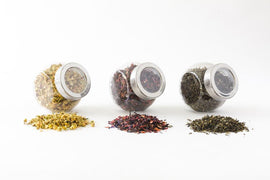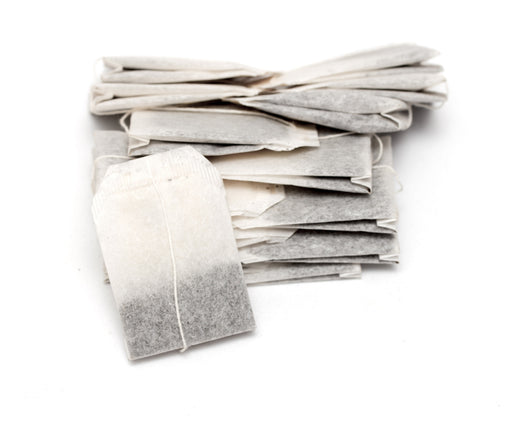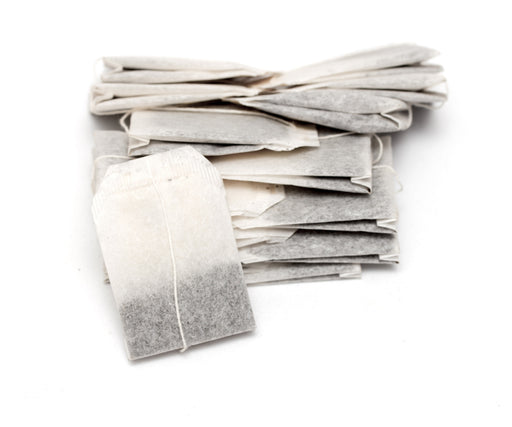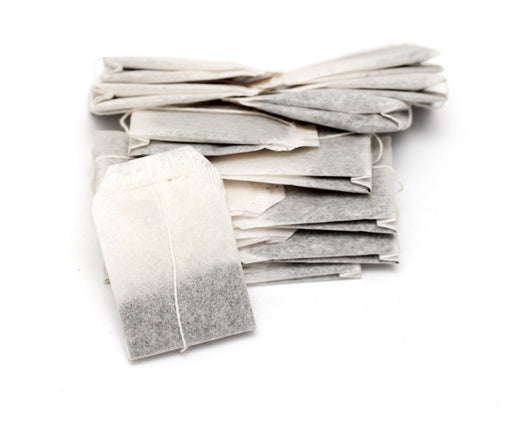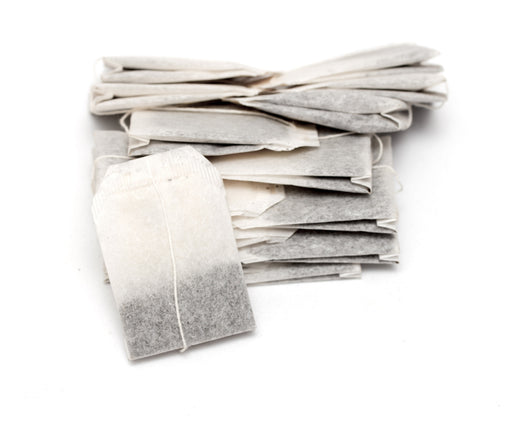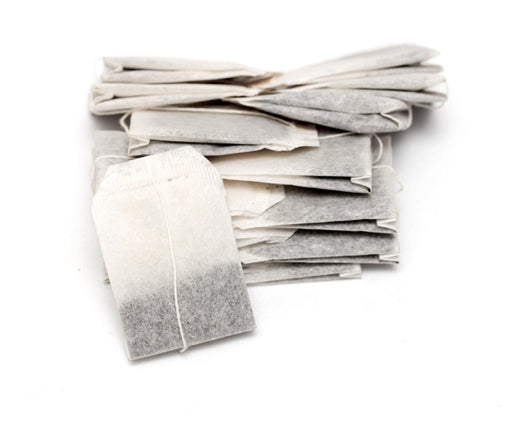Thyme Leaves Tea Bag
-
Botanical Name: Thymus vulgaris
Thyme is an herb. The flowers, leaves, and oil are used as medicine. Thyme is sometimes used in combination with other herbs.
Thyme is taken by mouth for bronchitis, whooping cough, sore throat, colic, arthritis, upset stomach, stomach pain (gastritis), diarrhea, bedwetting, a movement disorder in children (dyspraxia), intestinal gas (flatulence), parasitic worm infections, and skin disorders. It is also used to increase urine flow (as a diuretic), to disinfect the urine, and as an appetite stimulant.
Some people apply thyme directly to the skin for hoarseness (laryngitis), swollen tonsils (tonsillitis), sore mouth, and bad breath.
Thyme oil is used as a germ-killer in mouthwashes and liniments. It is also applied to the scalp to treat baldness and to the ears to fight bacterial and fungal infections.
Thymol, one of the chemicals in thyme, is used with another chemical, chlorhexidine, as a dental varnish to prevent tooth decay.
In foods, thyme is used as a flavoring agent.
In manufacturing, red thyme oil is used in perfumes. It is also used in soaps, cosmetics, and toothpastes.
Thyme contains chemicals that might help bacterial and fungal infections, and minor irritations. It also might relieve smooth muscle spasms, such as coughing.
-
Botanical Name: Thymus vulgaris
• Hair loss
• Colic
• Ear infections
• Preventing bedwetting
• Bad breath




















































































